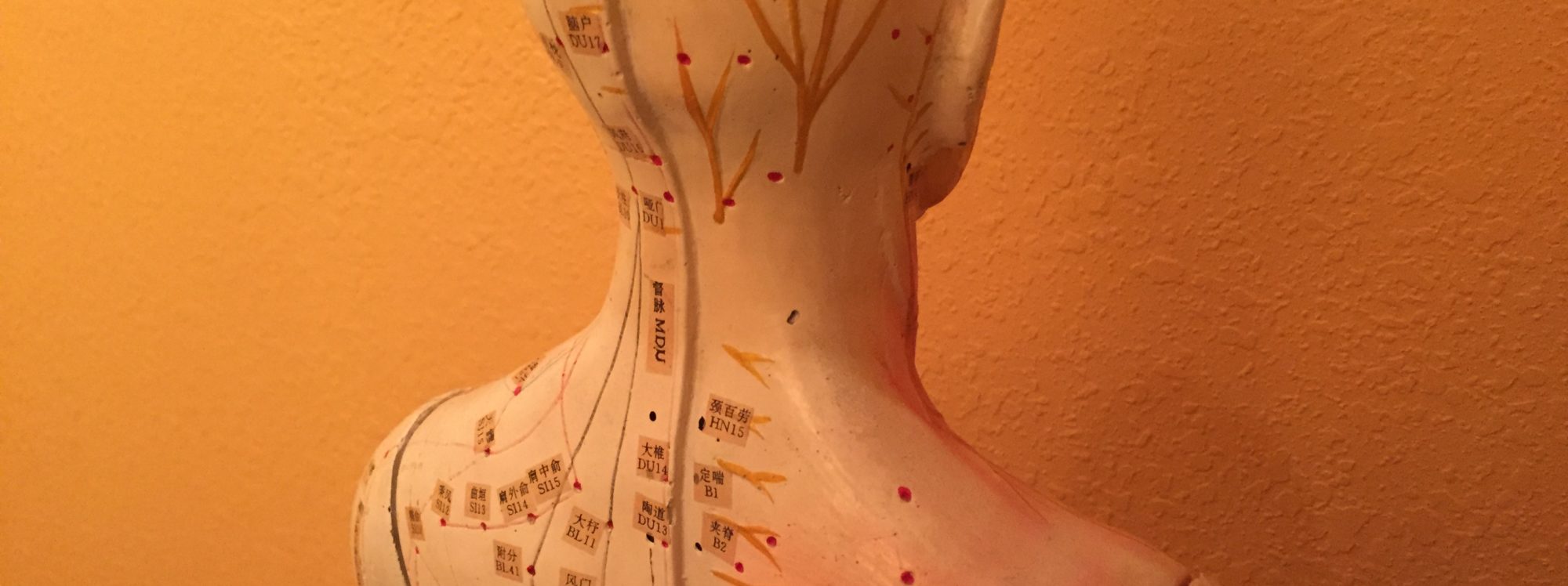The concept of “flow state” is widely recognized in sports and peak performance psychology as the ultimate zone of optimal performance. Athletes often describe this state as being “in the zone,” where their actions seem effortless, their focus is razor-sharp, and time appears to slow down. This heightened state of being is marked by a sense of clarity and an almost automatic execution of skills, where the mind and body work in perfect harmony. While the importance of achieving flow in sports is well-documented, the implications of the flow state extend far beyond the realm of physical performance. There is a growing recognition that flow has profound implications for overall health and well-being.
In the wisdom traditions of Asia, particularly in disciplines like Traditional Chinese Medicine (TCM) and various martial arts, there is a long-standing belief that optimal health and physical prowess are best achieved through a state of openness, relaxation, and ease. This state is not merely about the absence of tension but is seen as a dynamic equilibrium where the body’s vital energies—such as qi (chi), breath, blood, and lymph—are able to circulate freely and harmoniously. In this balanced state, the body functions as it should, promoting health, vitality, and a joyful life.
The research of German biophysicist Fritz-Albert Popp in the 1970s adds a scientific dimension to this understanding. Popp’s groundbreaking work on biophotons—the light particles emitted by living organisms—revealed that the coherence necessary for optimum health in the human body is realized in surprisingly low-energy states. This finding challenges the conventional Western notion that health and fitness are primarily achieved through high-energy, vigorous activities. Instead, Popp’s research suggests that the body’s internal systems operate most efficiently when they are in a state of coherence, which is facilitated by relaxation and ease rather than force and exertion.
In the West, there is a pervasive belief that vigorous exercise is essential for maintaining health because it stimulates the circulation of blood and lymph, increases metabolic function, and builds physical strength. However, the Eastern approach, supported by Popp’s findings, offers a different perspective. It suggests that rather than focusing on increasing pressure—through intense exercise, for example—we should focus on improving the flow within our bodies by creating more space and reducing resistance. This approach aligns with the principles of fluid dynamics, where decreased resistance leads to more efficient and harmonious flow.
The problem with the “no pain, no gain” mentality prevalent in Western fitness culture is that it can disrupt the body’s natural coherence. When the body is subjected to excessive stress and pressure, it may lose its ability to coordinate its internal systems effectively, leading to a breakdown in overall health. In contrast, maintaining a state of coherence—what is referred to as “de” (德) in Chinese philosophy—supports the body’s integrity and promotes wellness. When this state of ease is lost, the body moves towards dis-ease, a state where imbalance and dysfunction can arise.
Finding strength and power in a state of ease is a novel concept for many in the West, where the default approach to fitness often involves pushing harder and enduring discomfort. However, this Eastern perspective offers a more sustainable and holistic approach to health. Practices such as internal martial arts—like tai chi and Systema—stillness qigong (zhang zhuang), and meditation are valuable tools for cultivating this state of ease. These practices emphasize relaxation, mindfulness, and the cultivation of internal energy, helping individuals achieve a harmonious state of being where true strength and resilience can flourish.
In summary, the flow state is not just about peak performance in sports; it is a key to unlocking optimal health and well-being. By embracing the wisdom of Eastern traditions and the insights from modern science, we can learn to cultivate a state of ease and coherence in our lives, leading to a healthier, more balanced, and joyful existence.
